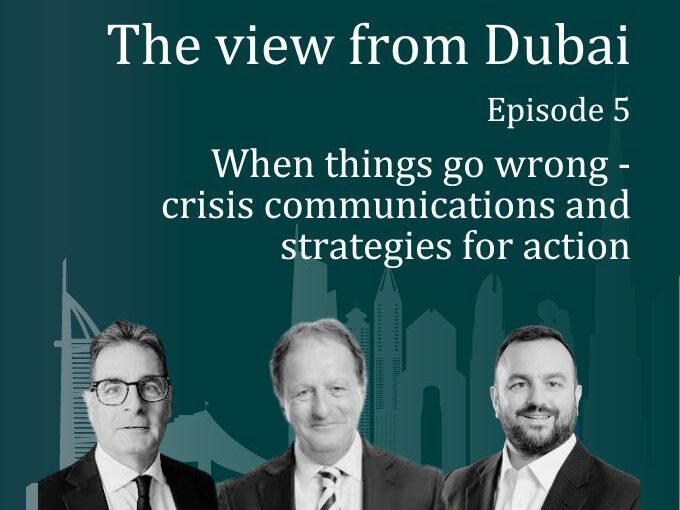As trustees, we have a fiduciary duty to preserve and enhance the value of the trust fund in the best interests of the current and future beneficiaries. To do this, it is essential that we have a strong global network of intermediaries who can be called up on to assist when expert advice or services are required.
Investment managers are key intermediaries for trustees, and choosing an appropriate firm is a responsibility that should be given careful consideration. It is important to remember that, while we have a responsibility to our underlying clients, we are the decision-makers and the direct client of investment managers.
What each trustee will look for in an investment manager is subjective, and so there is no definitive “tick list”, however there are core factors that will apply in every case, alongside bespoke requirements. With decades of experience appointing working in partnership with investment managers, we have identified 10 key criteria to consider.
1. Client service
Delivering the highest level of client service should be a priority for any investment manager. It is important for us to identify who our key point of contact will be and to ensure they can cater to our preferred method of communication (eg phone, email or face-to-face). Technical expertise is a must, however soft skills – including emotional intelligence, adaptability, and time management – should also be considered.
2. Ownership structure and firm size
It is essential to consider ownership structure and firm size when seeking an investment manager. In some cases, we may look for the stability and breadth of offering of a larger institution, and in others we may prioritise the personal service and adaptability of a smaller, boutique firm.
3. Service offerings
Investment managers should understand the extent of our fiduciary responsibility and be prepared to balance a forward-looking approach while addressing our current needs, which may include diversification of wealth and income/withdrawal requirements.
4. Performance and reputation
When it comes to any financial service provider, results and reputation matter. Attaining performance statistics is imperative, and comparing these to peer groups, as well as benchmarks, is a valuable way to assess performance against providers with similar mandates working within the same opportunity set. Through the work of our Investment Review Committee, in conjunction with third-party consultants, we undertake quarterly performance reviews and are proactive in having open and meaningful discussions with our investment managers, to ensure that that the correct strategy is in place and the investments are performing in line with our requirements.
5. Specialist areas
We will always seek to identify what makes a particular investment manager unique, what they consider to be a priority, and what can they offer that others cannot. For example, does the investment manager only deal with traditional asset classes (eg equities and bonds), or can they offer services for non-standard portfolios and alternative assets such as hedge funds, derivatives, commodities and private equity?
6. Investment style
Trustees should be familiar with the difference between investment styles, for example ‘top down’ – which looks at market trends and macro factors of the economy – or ‘bottom up’ – which focuses on analysing the individual stock. This base knowledge enables us to identify our underlying clients’ preferences and consider this when seeking an investment manager.
7. Fees and transparency
No one likes hidden extras. We look for investment managers who are transparent in their fees and highlight any situations where additional charges may apply before the circumstance arises. Fee transparency is a key consideration to ensure we are aware of the total expense ratio relating to services.
8. Collaborative working
Any investment manager we engage should understand that we have an obligation to monitor the performance of the investments, and that we may appoint third-party investment consultants in fulfilling this responsibility. It is imperative to establish a willingness from investment managers to engage with third parties in a collaborative and timely manner.
9. ESG capabilities
The environmental, social and governance (ESG) sector is a growing area of interest within the financial service sector. It is prudent to discuss whether investment managers have experience in this sector, and to also ensure that their own business practices adhere to ESG values.
10. Tailored pitch
Pitching services to potential clients and intermediaries is commonplace for service providers. When considering pitches, we look for investment managers who have demonstrated a clear understanding of our objectives and who have outlined how they can support us in achieving these goals.
Contact us to find out how we could support you, or your client, in finding an experienced and well-aligned investment manager.











